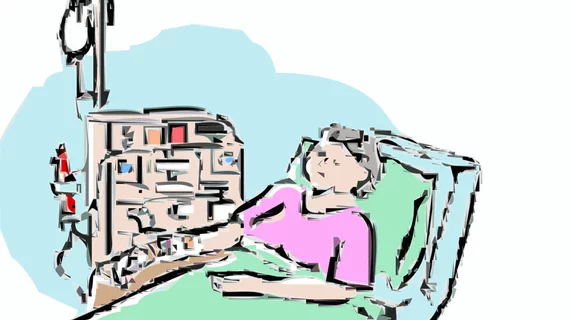Pleased patients just what the doctor ordered for hospitals fiscally stricken by COVID
Hospitals that have failed to impress patients with COVID safety and quality measures should not be surprised when 2 of 3 patients switch provider orgs—or when 1 in 4 postpone a scheduled procedure indefinitely.
The numbers come from an Accenture survey released this week. The multinational management consultancy polled more than 4,600 U.S. adults in June.
Along with the impact of the COVID crisis on consumers’ trust in providers and payers, the online questions also teased out insights into attitudes on virtual care and concerns about returning to in-person doctor visits.
“By prioritizing consumer experience and delivering new virtual expectations, providers can maintain their patient base and grow market share by capturing switchers ready to leave competitors—potentially increasing their revenues by 5% to 10% pre-COVID levels within 12 months,” an Accenture spokesperson told HealthExec in an email. “For a $5 billion health system, this could be between $250 million and $500 million in additional annual revenues.”
The results further show three-quarters of patients willing to use online chat or texting for pre-appointment check-in and 58% likely to use telehealth or virtual visits for future healthcare needs.
Based on these and other key findings, Accenture recommends provider leadership take four broad actions: Address patient concerns in a personalized manner, meet people at the actual or virtual front door, enhance capabilities for virtual care and listen through social channels.
The report is available in full for free.

